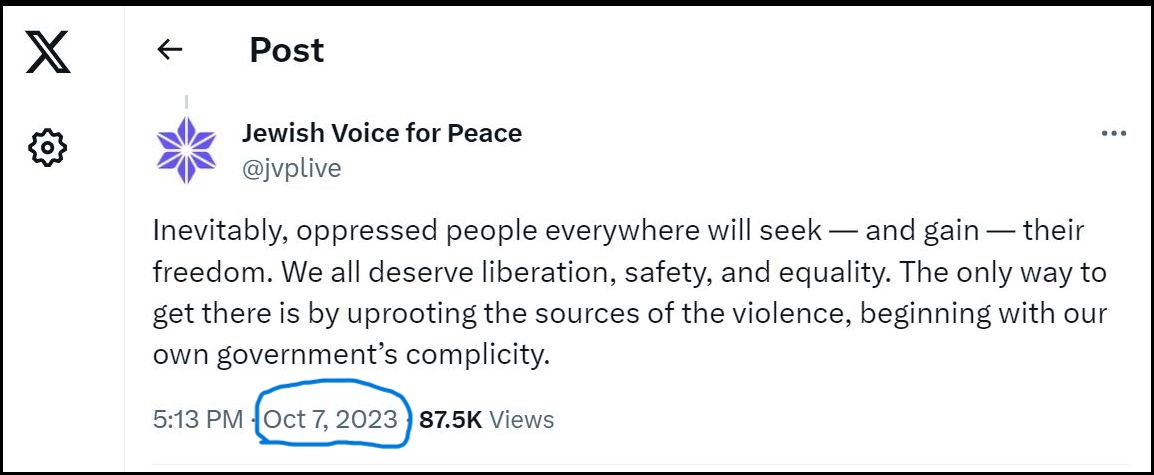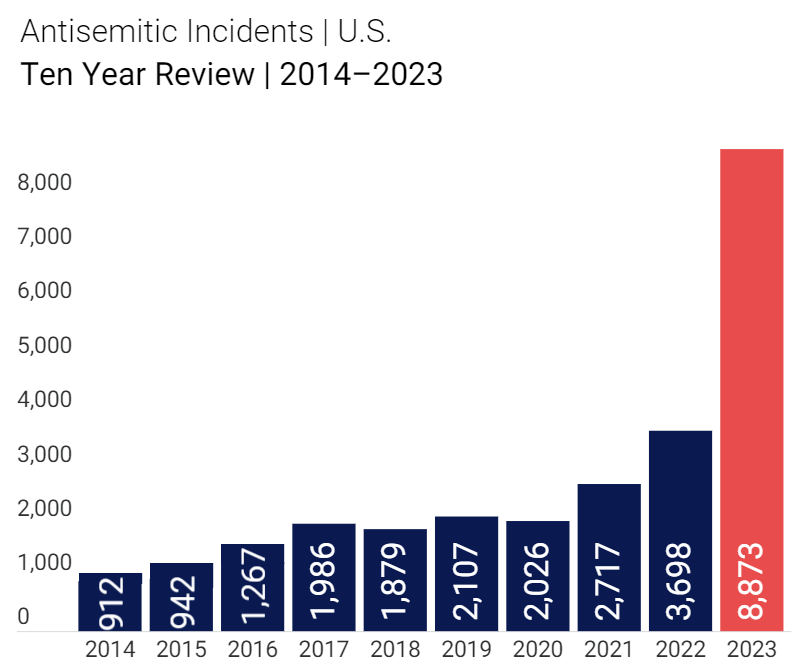If you’re someone prone to antisemitic views of the world, and want a source you can reply on to consistently affirm your biases, though without resorting to fringe, extremist, David Miller–ish, Protocols-style antisemitic and anti-Zionist conspiracy theories, you’d likely turn to the Guardian – the outlet where ‘respectable’ Judeophobic and Israelophobic readers can safely turn without fear of social opprobrium.
The most recent dog whistle parading as ‘speaking truth to power’ is an article by Tom Perkins which, following in the long tradition of Chris McGreal, warns of the dangers posed to the American public by organised Jewry. The piece (“Anti-Defamation League ramps up lobbying to promote controversial definition of antisemitism”, May 15), is riddled with distortions and smears, beginning in the headline’s assertion that the IHRA antisemitism definition is ‘controversial’.
The claim, as you can see here, is belied by the number of countries, law enforcement agencies, universities, public bodies and international institutions which endorse IHRA. This includes 37 (democratic) countries, 320 non-federal governments (including state, regional, provincial, municipal and county bodies), 320 universities, and a total of 865 entities across the world. It’s generally only ‘controversial’ among those who wish to use Israel-Nazi analogies, and call for the destruction of the Jewish state, with moral impunity.
The article’s opening paragraph reads like it was generated by an AI tool designed to mock Guardian bias over the issue:
The Anti-Defamation League (ADL) has spent record amounts lobbying for bills opponents say are meant to punish criticism of Israel and target Jewish peace and Palestinian rights groups, marking a shift in strategy over the last several years.
First, we should note the important context that ADL is the largest mainstream Jewish organisation in the US, and, in fact, has been criticised by many for its progressive agenda on issues such as DEI, (Diversity, Equity and Inclusion). But, leaving DEI aside, its advocacy on US domestic issues – most of which have nothing to do with to Jews, Israel or antisemitism – is decidedly left of centre.
Further, as we’ll show, Perkins appears to define ADL’s efforts to fight antisemitism by promoting the adoption of IHRA (a non-legal definition which contains multiple caveats and qualifications, and does NOT define criticism of Israel as antisemitic) as ‘punishing criticism of Israel’, and the group’s advocacy for the enforcement of existing anti-terror laws as ‘targeting of Jewish peace and Palestinian rights groups’.
Perkins informs readers that ADL is “on pace to spend nearly $1.6m this year based on its first quarter expenditures” to advance IHRA and its other domestic policy agendas. However, the very federal tax document which ‘reveals’ ADL’s budget for lobbying shows that their agenda centers around fighting domestic extremism, and other issues which aren’t controversial. In fact, their lobbying efforts, per the tax document cited, highlights their lobbying for bills to fight “global white supremacy” several times, while nothing is mentioned about Islamist or Palestinian extremism.
The only mentions of Israel in the document are “Support for the Abraham Accords and the historic normalization process between Israel and countries in the region” and “Support for H.Res.92 – Recognizing Israel as America’s legitimate and democratic ally and condemning antisemitism”.
To observe that ADL’s lobbying is not laced with a ‘right-wing’ or anti-Palestinian agenda in a profound understatement.
The article then takes direct aim at IHRA.
Though the Guardian is typically supportive of anti-hate legislation, when it comes to Jews, they take a different view. Perkins repeats Guardian talking points about how IHRA would ‘limit freedom of speech’ when he writes about a proposed bill called the Antisemitism Awareness Act. The Act would “require that the Department of Education’s Office for Civil Rights take into consideration…IHRA…when reviewing or investigating complaints of discrimination based on race, color, or national origin…”.
Though Perkins claims the bill is “opposed by groups and politicians across the political spectrum”, the bill had 61 co-sponsors, including 15 Democrats, and recently passed the House of Representative with an overwhelming majority of 320 to 91. Moreover, those who understand the US political system would know that the country’s Constitution includes what’s arguably the most robust protection of speech in the world. So, any bill passed by Congress which runs afoul of First Amendment protections of free expression would be overturned by the courts.
Perkins also demonstrates bad faith when he misrepresents the IHRA definition as including the “labeling Israel a racist state” as antisemitic. In fact, the definition only defines “Denying the Jewish people their right to self-determination, e.g., by claiming that the existence of a State of Israel is a racist endeavor.” as antisemitic. The difference is profound. Accusing Israel of being racist is not considered antisemitic, while claiming that the state has no right to exist, because Zionism is intrinsically racist, is defined by IHRA as antisemitic.
The Guardian’s efforts to scare readers about organised Jewry’s efforts to ‘punish’ mere ‘criticism of Israel’ is based on a deceitful portrayal of IHRA.
The journalist also writes that ADL often falsely attributes “support for terror” to anti-war and ceasefire rallies by Jewish groups such as Jewish Voice for Peace (JVP). However, to describe the anti-Israel campus rallies as ‘anti-war’ is an inversion of reality. As we’ve demonstrated, the rallies have included explicit antisemitism, as well as speeches and chants expressing opposition to Israel’s existence, and supportive for terror attacks. One leader of the Columbia University protest literally said that the overwhelming majority of Jews (that is, ‘Zionists’) “don’t deserve to live”.
Additionally, JVP, a radical anti-Zionist activist group that advocates for BDS and the eradication of Zionism (and whose Jewish identity is extremely suspect), does support terrorism. The group – in addition to employing antisemitic tropes in its campaigns – has partnered with and expressed support for terrorists, and even effectively justified the Oct. 7 massacre, blaming Hamas’s attacks on Israeli ‘oppression’.

Finally, the most important issue regarding ADL’s lobbying and advocacy is ignored by the Guardian reporter: the tsunami of antisemitism in America following the Hamas massacre. There were 8,873 recorded antisemitic incidents across the United States in 2023, representing a 140% increase from 2022, and is the highest number on record since ADL began tracking antisemitic incidents in 1979. (This mirrors the dramatic increase of antisemitic incidents in the UK since Oct. 7.)

Given that the dramatic increase in anti-Jewish racism was largely inspired by hatred of Israel and pro-Hamas/pro-Palestinian activism, it’s not surprising that the Guardian would publish a piece attempting to discredit the Jewish organisation trying to fight this scourge. Though the Guardian is a large institution, almost all of their reporters, editors and columnists are united in their refusal to come to terms with the fact that pro-Palestinianism is a vector for antisemitism.





